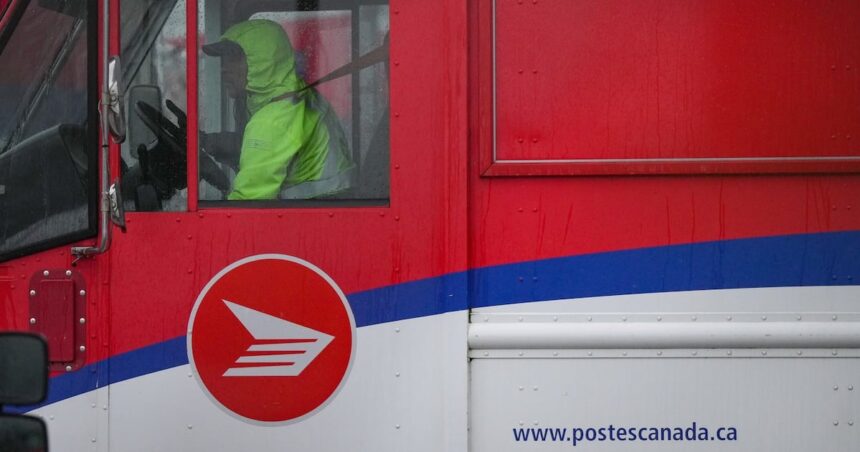The Canadian postal system faces significant disruption as Canada Post workers have issued a strike notice, with picket lines potentially forming as early as this Friday. The Canadian Union of Postal Workers (CUPW), representing over 50,000 employees, announced the decision Tuesday after months of unsuccessful contract negotiations with the Crown corporation.
“We’ve exhausted every reasonable avenue for reaching a fair agreement,” said Margaret Chen, CUPW national president, at a press conference in Ottawa. “Our members deserve better than stagnant wages while executive compensation continues to climb.”
At the heart of the dispute are competing visions for Canada Post’s future. Union representatives have demanded a 4.5% annual wage increase over four years, citing inflation rates that have eroded purchasing power for postal workers across the country. Management has countered with a 2.8% proposal, pointing to financial pressures facing the corporation as digital communication continues to reduce traditional mail volumes.
The threatened work stoppage comes during a particularly difficult period for Canada Post, which reported a $779 million operating loss last fiscal year. Mail volumes have declined by approximately 38% since 2019, forcing the corporation to reconsider its business model and operational structure.
Labour Minister David Reynolds expressed concern about the potential economic impact, noting that a prolonged strike could cost the Canadian economy an estimated $250 million per day. “We strongly encourage both parties to remain at the bargaining table,” Reynolds stated. “Essential services like pension cheques and social assistance payments must continue regardless of labour action.”
Small businesses have voiced particular alarm, with the Canadian Federation of Independent Business warning that many enterprises still rely heavily on postal services for deliveries and payments. “A strike of even a few days could be devastating for small retailers who depend on e-commerce shipments,” said Omar Jaswal, CFIB spokesperson.
Canada Post spokesperson Jennifer Murray emphasized the corporation’s commitment to reaching an agreement. “We’ve presented what we believe is a fair and reasonable offer given our financial reality,” Murray said. “We remain open to compromise but must ensure the long-term sustainability of postal services for all Canadians.”
The potential strike has sparked debate about the future of public services in an increasingly digital economy. Some policy experts suggest this dispute represents a broader challenge facing many legacy institutions as they navigate technological disruption and changing consumer expectations.
For Canadians preparing for possible mail disruptions, experts recommend setting up direct deposits for government payments, switching to electronic billing where possible, and considering alternative delivery services for urgent packages.
As Friday approaches, the question increasingly becomes not just about postal worker compensation, but about what role a national postal service should play in modern Canadian society. Can Canada Post reinvent itself while maintaining fair working conditions, or are we witnessing the painful transformation of a once-essential service whose time has passed?














